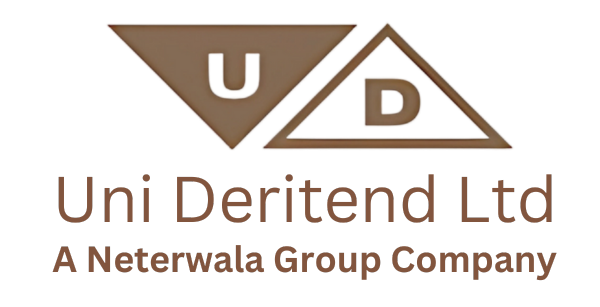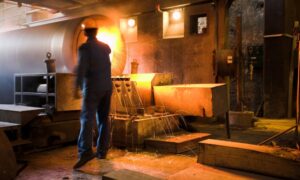
Why Investment Casting Is Essential for Turbocharger Efficiency
UniDeritend enhances investment casting for turbocharger efficiency through precision metal shaping, engineered alloys, and simulation-driven foundry practices. Our advanced casting technology ensures predictable airflow behavior, reduced pressure losses, and superior thermal performance—critical for modern automotive and industrial turbocharger systems.
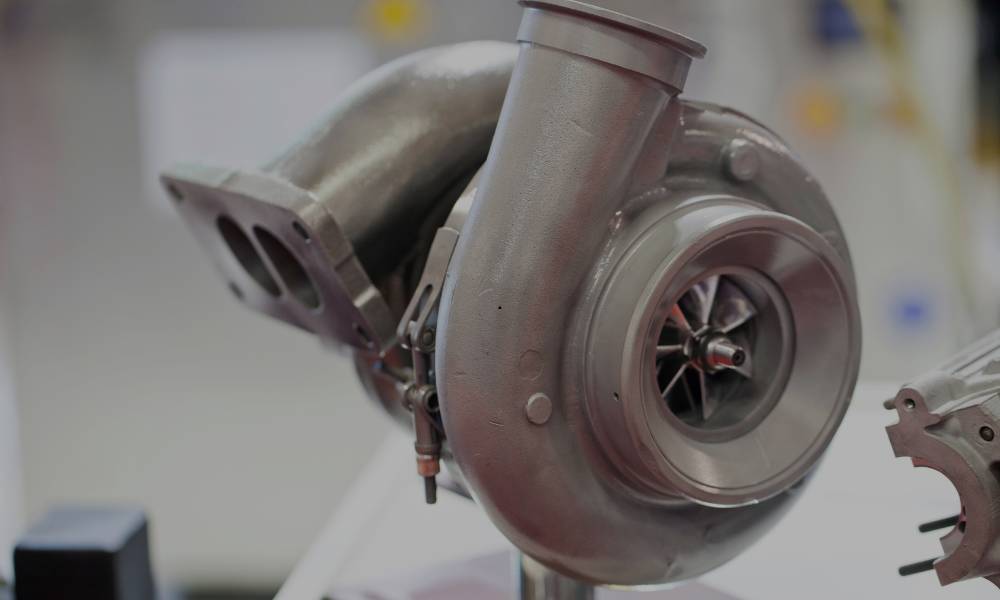
Turbocharger Efficiency Begins with Precision Metal Casting
Turbochargers operate under extreme thermal and mechanical stresses, often exceeding 900°C, handling high-pressure exhaust gases, and rotating components that demand tight tolerances. In such environments, even minor dimensional inconsistencies can cause airflow disruption, pressure drops, or reduced boost performance.
Investment casting plays a crucial role in ensuring accuracy and repeatability:
Key Advantages of Investment Casting for Turbos:
- Precision mould replication ensures consistent geometry
- Smooth internal surfaces improve exhaust flow
- Tight tolerance control reduces machining dependency
- Dimensional stability ensures optimal turbine alignment
- Enhanced thermal resistance ensures long component life
UniDeritend applies advanced simulation and metallurgical modelling to eliminate defects long before a casting is produced—maximising boost efficiency and engine responsiveness.
What Limits Turbocharger Efficiency?
To understand the value of investment casting, we must examine the challenges turbochargers face:
- Thermal Distortion at High Temperatures: Turbine housings and scrolls are exposed to temperatures that can exceed 1000°C. Poor-quality castings deform over time, disrupting turbine flow and reducing compression efficiency.
- Imprecise Flow Channels: Non-uniform or rough internal surfaces create turbulence, lowering the compressor’s ability to generate boost.
- Material Fatigue from Pressure Cycling: Turbochargers endure thousands of temperature-pressure cycles. If castings are metallurgically inconsistent, micro-cracks propagate and cause premature failure.
- Extra Machining Creating Dimensional Errors: Sand casting or inferior processes require extensive machining, increasing the chances of tolerance drift. Investment casting eliminates or reduces these manufacturing weaknesses.
Have Any Questions?
Connect with our experts for quick, reliable answers.
Recent Posts

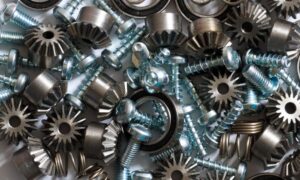
How Investment Casting Enhances Turbocharger Performance
Investment casting is unique because it allows the manufacturing of highly complex geometries with extreme precision—without compromising material integrity.
- Smooth Internal Gas Pathways: A turbocharger’s efficiency largely depends on internal gas flow. Investment casting produces clean, smooth profiles that reduce friction losses.
- Tight Tolerances for High-Speed Turbine Operation: Turbine efficiency depends on minimal clearance between moving and stationary parts. Investment casting achieves near-net-shape tolerances up to ±0.10 mm.
- Ability to Use High-Temperature Alloys: Investment casting supports high-nickel and specialty alloys required to handle extreme heat and corrosion.
- Consistency Across High Volumes: OEMs demand repeatability. Investment casting ensures every turbo housing matches the exact simulation-based geometry.
- Lower Weight with Greater Strength: Thin-wall casting capability reduces weight without compromising structural strength—critical for automotive fuel efficiency goals.
Materials That Improve Turbocharger Efficiency
UniDeritend specialises in engineered alloys designed for high temperature, high pressure, and corrosive environments.
Typical Investment Casting Alloys Used:
- Inconel 713C / 718
- High-nickel austenitic steels
- Chrome-moly heat-resistant steels
- Specialty automotive-grade stainless steels
These materials resist:
- Thermal creep
- Oxidation
- High-temperature fatigue
- Stress cracking
Why UniDeritend Leads in Turbocharger Investment Casting
Our metallurgical framework combines:
Simulation-Driven Casting
- Flow simulation
- Solidification modelling
- Shrinkage prediction
- Defect elimination
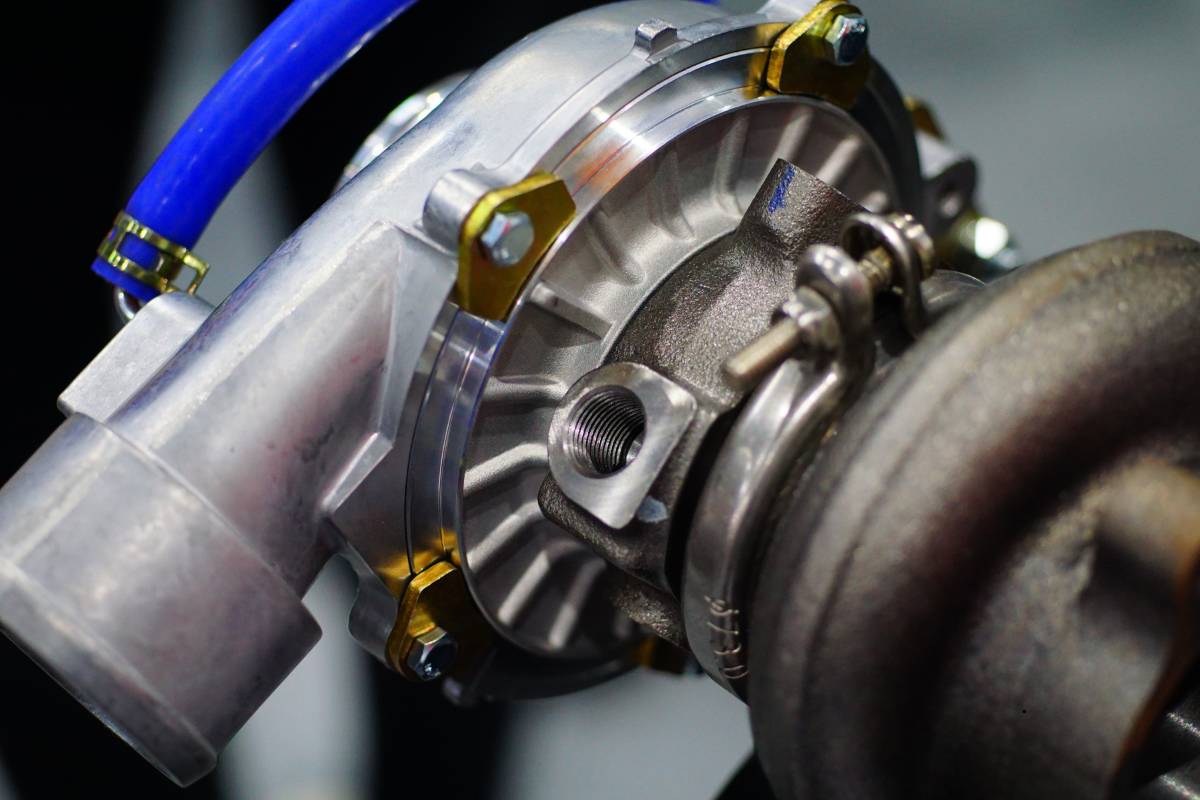
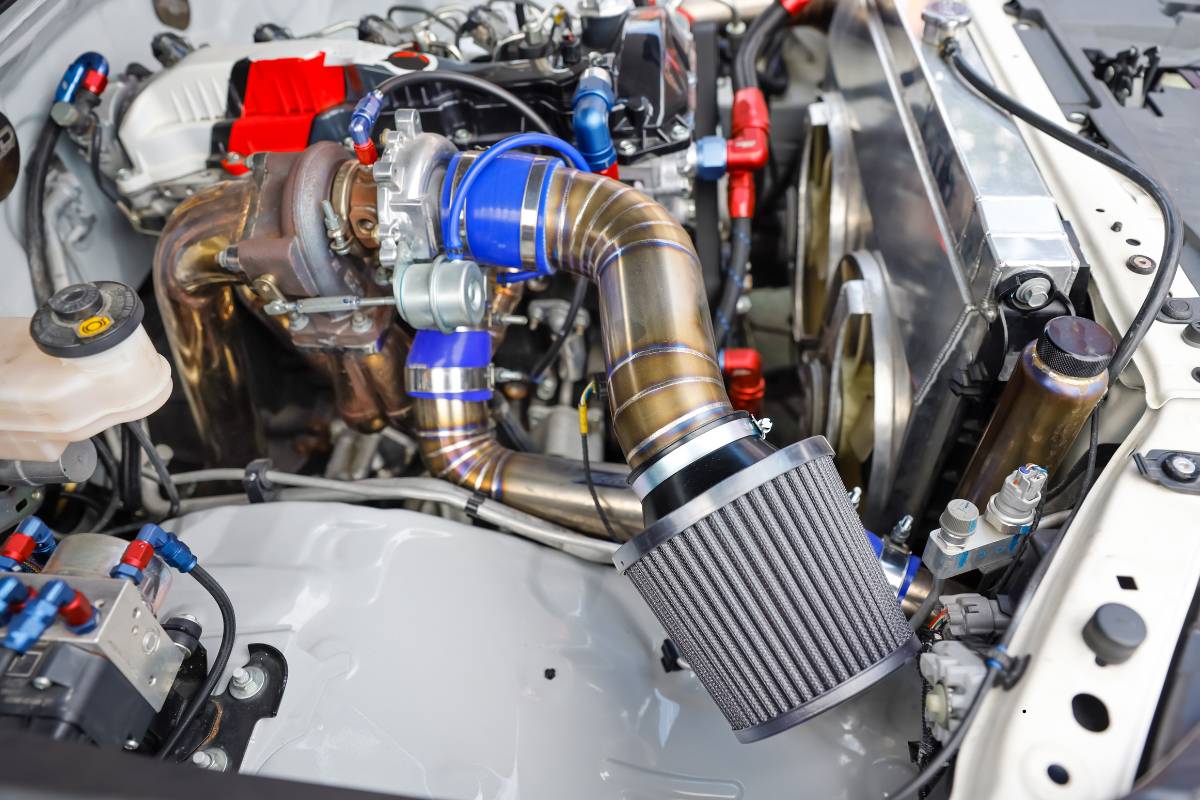
Precision Tooling Engineering
Wax die-making ensures every feature is reproduced with accuracy.
Quality Validation
- Radiography
- Spectrochemical analysis
- X-ray inspection
- Heat treatment validation
CNC Machining Integration
Final machining achieves total accuracy for OEM fitment.
Combined, these capabilities deliver castings that directly enhance real-world turbocharger efficiency.
Real-World Impact: Improved Efficiency Across Industries
Investment-cast turbo components manufactured by UniDeritend power multiple sectors:
- Passenger and commercial vehicles
- Construction machinery
- Heavy-duty diesel engines
- Power generation turbo systems
- Industrial compressors
- Marine engines
Each application demands high precision to maximize boost, reduce emissions, and improve engine output.
FAQ
Frequently Asked Questions
Frequently Asked Question on Why Investment Casting is Essential for Turbocharger Efficiency
Investment casting ensures tight tolerances, smooth internal passages, and precise geometry—key factors for efficient turbo performance. Its ability to handle high-temperature alloys makes it ideal for demanding engine environments requiring thermal stability and dimensional accuracy.
Turbo housings, turbine scrolls, nozzle rings, and high-temperature exhaust components are typically produced via investment casting. These parts require complex shapes, smooth gas flow paths, and alloys capable of handling extreme heat and fatigue cycles.
By delivering metallurgical consistency, resistance to thermal distortion, and crack-free surfaces, investment casting significantly extends component life. Precision casting also ensures proper turbine alignment, reducing mechanical wear and improving long-term stability.
Yes. Investment casting produces near-net-shape components that minimize CNC machining operations. This reduces tolerance errors, speeds up production, and improves overall cost efficiency—especially for complex turbocharger geometries.
Absolutely. Thin-wall investment casting reduces weight while maintaining strength, contributing to improved vehicle performance and fuel efficiency. Lightweight turbo housings also enhance boost response by reducing rotational resistance.
UniDeritend employs simulation-based design, spectrochemical testing, radiography, CMM inspection, and controlled heat treatment to ensure each casting meets OEM and global performance standards without deviation.
Built on 48+ Years of Metallurgical Excellence (Founded in 1977)
Partner with UniDeritend for turbocharger castings engineered for next-generation performance, efficiency, and durability.
👉 Request an engineering consultation today.
